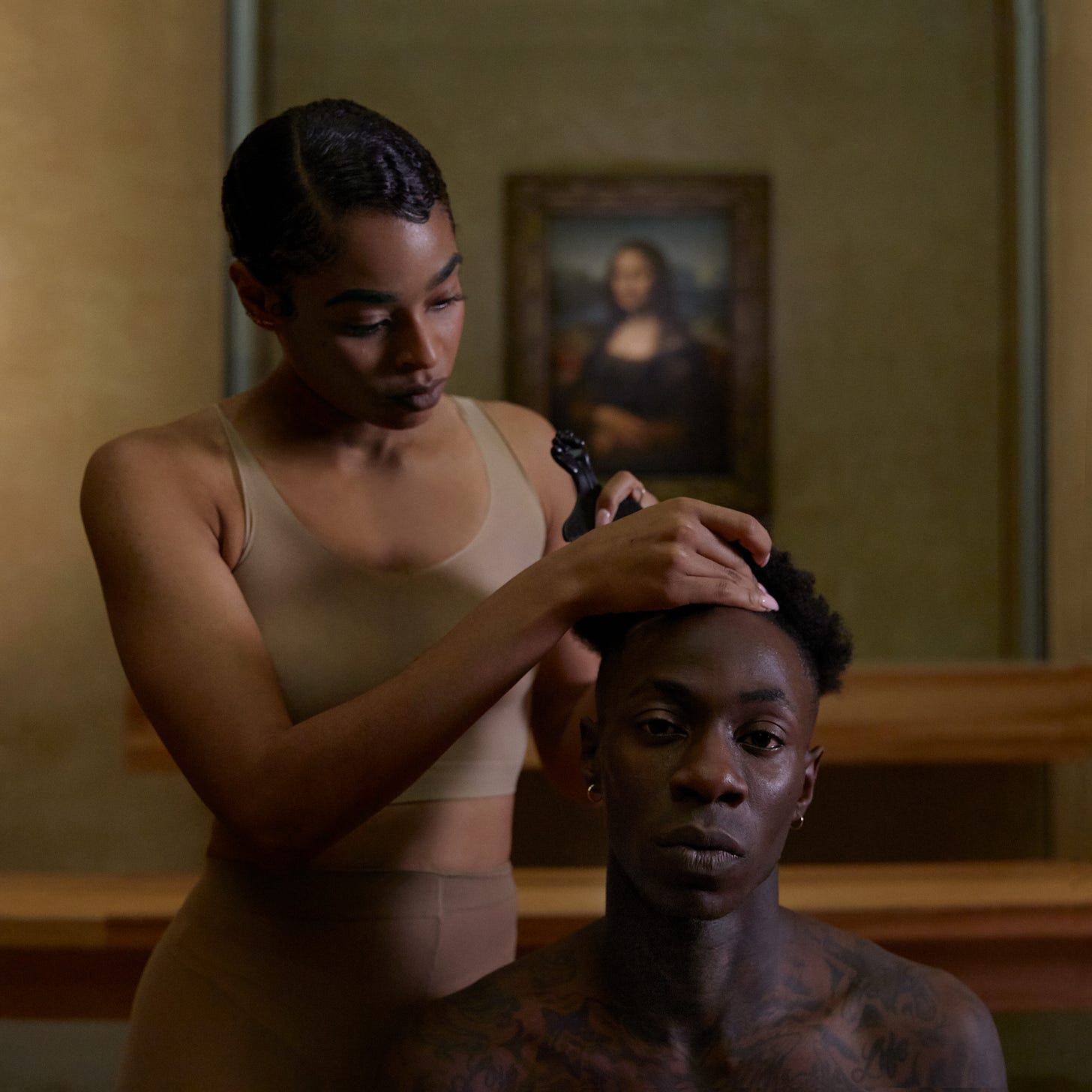EVERYTHING IS LOVE: The Carters' Resilient Symphony of Black Love and Triumph
Beyoncé and JAY-Z explore love, trials, and extravagance in a unique blend of Soul, Hip-Hop, and R&B.
Where personal stories often intertwine with the rhythm and lyrics, power couple Beyoncé and JAY-Z—collectively known as The Carters—delivered a magnum opus titled EVERYTHING IS LOVE. The album, marking the final installment in a trilogy exploring their matrimony, diverts from the confrontational tones of its predecessors, Lemonade and 4:44. Instead, it revels in a lighter yet equally significant celebration of resilient Black love, proud Black extravagance, and a melodic fusion of classic soul, hard-hitting hip-hop, and slinky R&B.
The first song of the album, "SUMMER," establishes the mood as Beyoncé's melodious singing blends seamlessly with JAY-Z's enticing rap lyrics, evoking a serene atmosphere identical to an idyllic and everlasting season of affection. The Carters are presenting themselves anew, less in a war-like stance, and more as a unified front, presenting a narrative of successful reconciliation, setting the tone for what can be considered a musical renaissance of their relationship.
Their defensiveness, even paranoia, as perceived in the lyrics, can be attributed to the magnitude of their fame and wealth. Yet, the music video for "APESH*T," filmed in the iconic Louvre Museum, showcases Black bodies and Black art in a space that has predominantly celebrated white creations. They're expressing strong resilience and self-assurance, asserting their Black identity amid a societal structure historically marginalizing the community.
Songs like "BOSS" and "NICE" further this narrative of assertive luxury, with the former stating, “My great-great-grandchildren already rich/That's a lot of brown children on your Forbes list.” This statement of power and assertiveness underscores the album's exploration of proud Black extravagance and their immense success within a society steeped in systemic racism.
"713" and "FRIENDS" offer a heartfelt take on their relationship, past trials, and their close-knit circle's invaluable role in their survival and success. Interspersed with vulnerable lyrics, these tracks explore their journey and are a nod to the importance of community and kinship in the face of adversity.
The Carters brilliantly incorporate many genres, offering a buffet of sonic flavors. The funky groove of "LOVEHAPPY," the classic soul-infused "713," and the Caribbean-influenced "HEARD ABOUT US" offer listeners a variety of sounds while keeping the focus on their core message of love and perseverance.
The album ends with the power couple in the throes of reconciliation, emerging from the fog of past grievances, ready to face any storm together. In "LOVEHAPPY," Beyoncé sings, “You did some things to me, boy, you do some things to me/But love is deeper than your pain, and I believe you can change,” reminding us that love, despite its trials, can heal and transform.
EVERYTHING IS LOVE is a reaffirmation of The Carters' commitment to each other and their culture. They proudly embrace their Black unapologetically, their success, and their love without apologizing. This opus is not merely a compromise between the battle scars of Lemonade and the reparative journey of 4:44; it's a bold proclamation of their unity, their power, and their love.
There's an undeniable power in The Carters' EVERYTHING IS LOVE. It's a vivid portrayal of two people who have fought their battles—both personal and societal—and emerged stronger. This is the album's core: a resilient love story wrapped in melodies as enduring as the couple's journey attests to the power of Black love, resilience, and triumphant extravagance. The Carters have made it clear: they're not just survivors but conquerors, using their music as their mighty sword. And in the realm of their creation, everything indeed is love.


